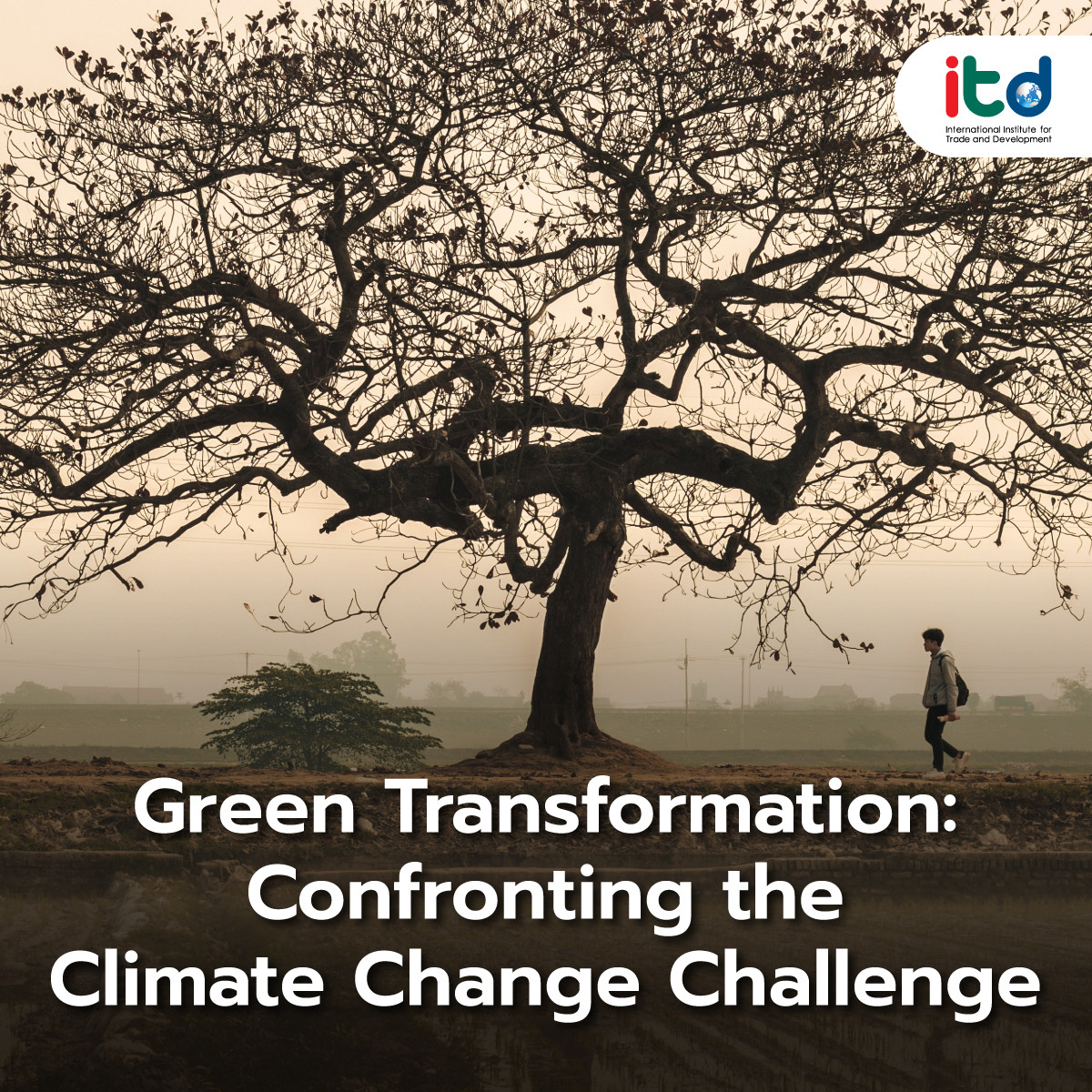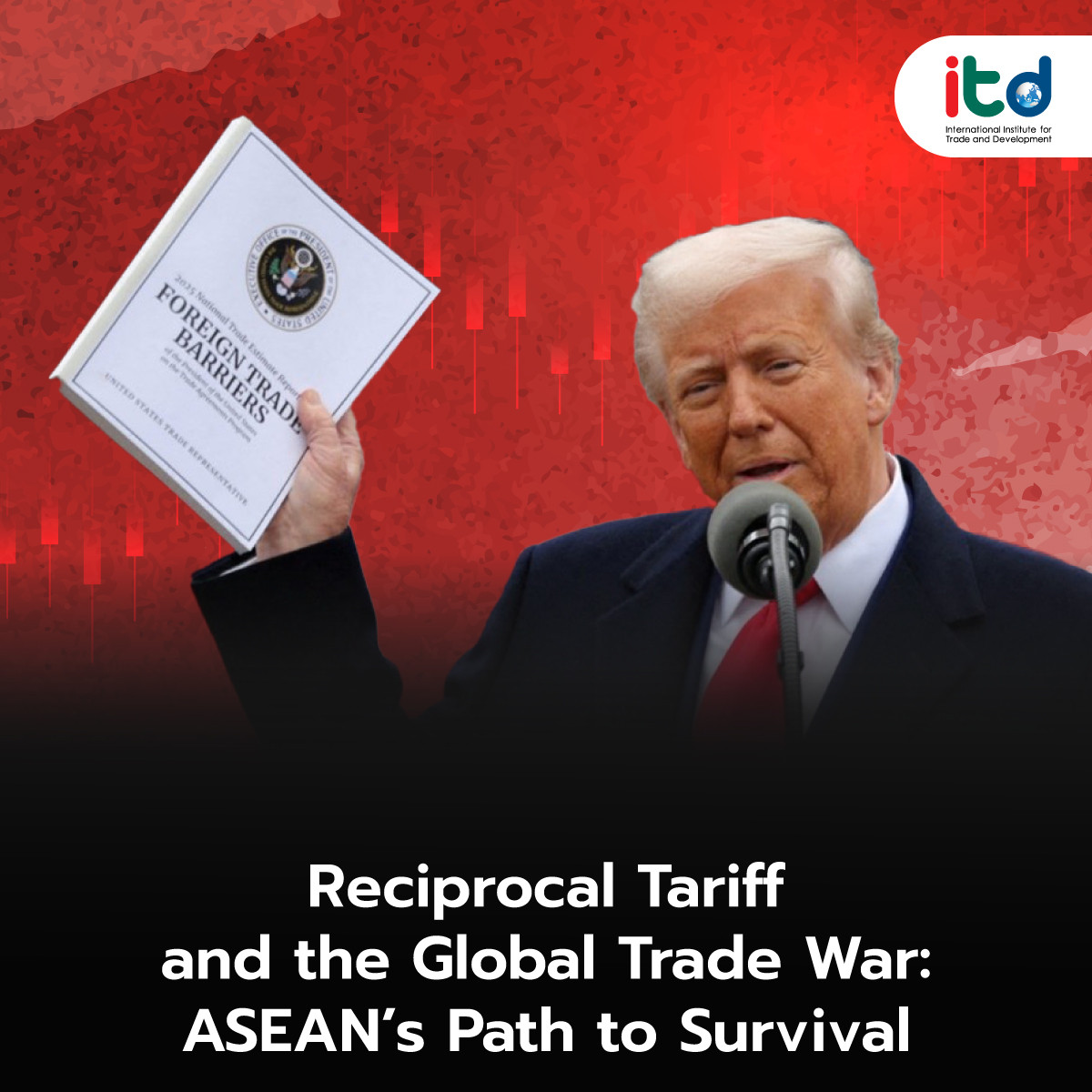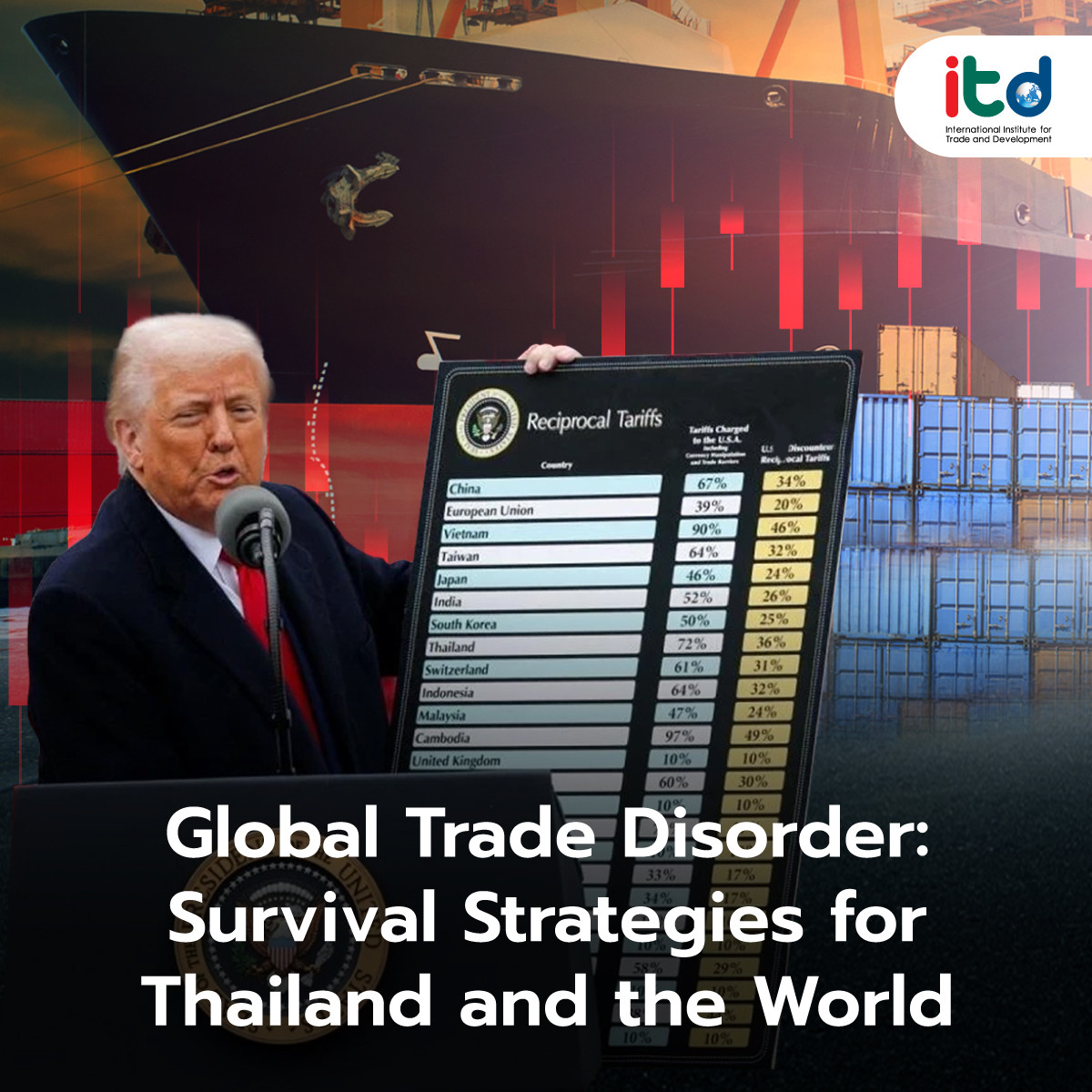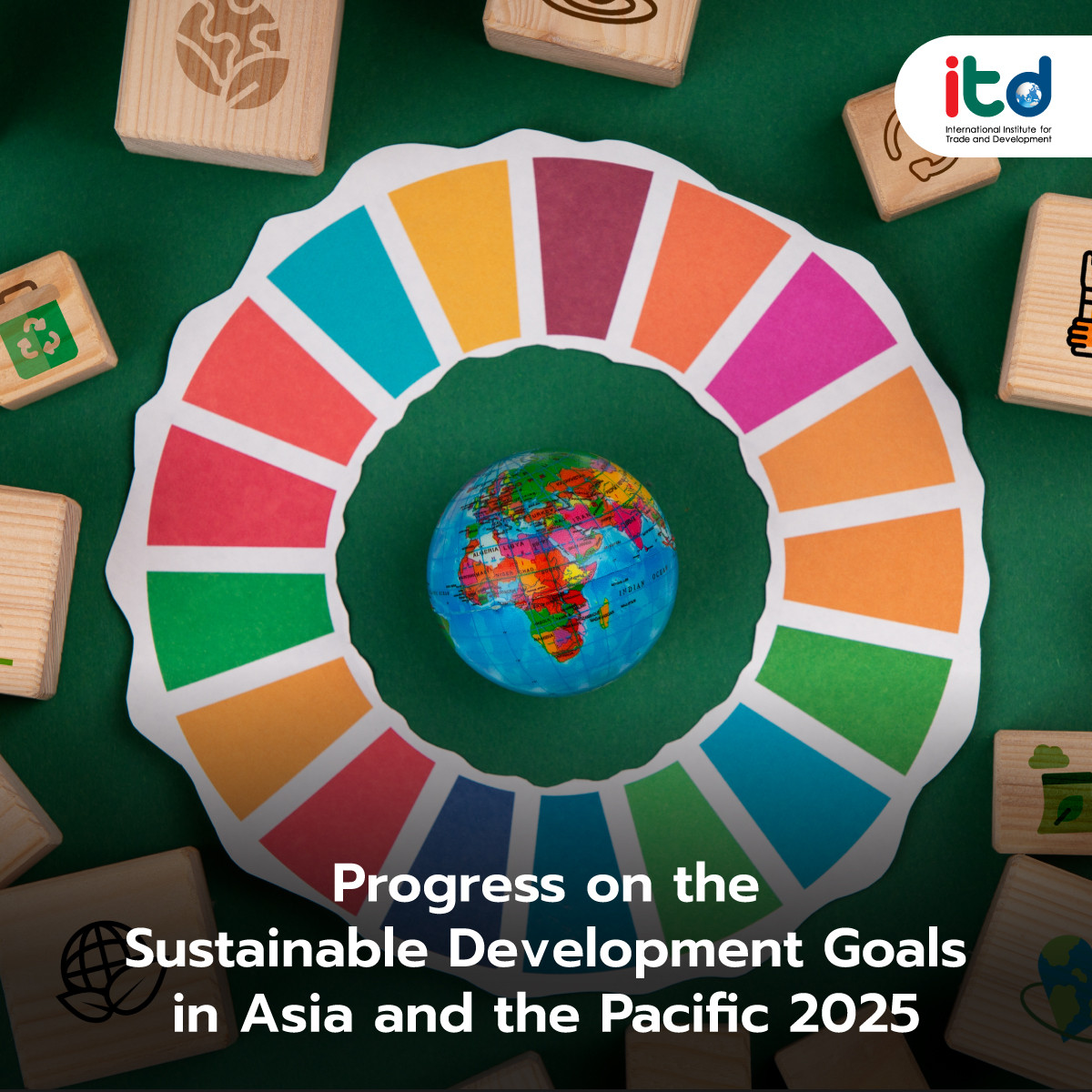About Documents
As the world faces the escalating climate change crisis, the global community must contend with increasingly severe natural disasters and unpredictable weather patterns. This situation creates significant pressure and challenges in mitigating and addressing climate change, requiring solutions at the global, national, and sectoral levels. Notably, businesses and industries play a critical role in driving efforts to alleviate the impacts of climate change.
Green Transformation (GX) represents a holistic shift towards environmentally friendly and sustainable practices in both the economy and society. This transformation aims to reduce the environmental impacts of various industries and sectors through initiatives such as the use of renewable energy, enhancing energy efficiency, reducing greenhouse gas emissions, and minimizing environmental pollution.
This transition to more sustainable and eco-friendly practices can be implemented at the national level through policies and strategies that support the sustainability of the economy and society for the benefit of environmental conservation. Additionally, the green transformation could also be at the organizations, agencies, and businesses levels.
In the context of international trade, current measures such as the Carbon Border Adjustment Mechanism (CBAM) and the EU Deforestation Regulation (EUDR) further pressure exporting countries to adopt comprehensive environmental and climate change considerations. Similarly, businesses must undergo transformations to maintain their competitiveness in the global market.
ASEAN, as a region rich in natural resources and biodiversity, relies heavily on agriculture, fisheries, and forestry for its economic and social development. However, ASEAN’s focus on trade, industry, and global market competition inevitably affects the environment.
In 2019, it was projected that if ASEAN does not address climate change, the region’s GDP could decrease by 11% by 2100. Furthermore, approximately 87 million people in Indonesia, Malaysia, Myanmar, Thailand, and Viet Nam could be displaced from flood-prone areas.
ASEAN faces the challenge of transitioning to more sustainable and environmentally friendly practices, especially considering that such transitions require technology and capital, and member countries have varying levels of development.
On the positive side, ASEAN member states have the capacity to produce renewable energy, which is a promising start in shifting from fossil fuels to clean energy. However, this energy transition requires substantial capital investment to achieve the energy transition goals by 2030 and Net Zero by 2050, posing a significant obstacle to sustainable transformation.
Investment in renewable energy sectors and related infrastructure is crucial to achieving this sustainable transformation. Additionally, there is an urgent need to develop green technologies and entrepreneurs by increasing access to green technology and fostering the growth of green enterprises.
Stay informed on the latest knowledge and insights about trade in the era of the climate crisis, featuring experts from both international and local arenas, at the seminar “Trade Amidst the Climate Crisis Era” on August 28, 2024. For more details, visit www.itd.or.th.
Author:
Ms. Patcha Thamrong-ajariyakun
Senior Researcher
International Institute for Trade and Development (Public Organization)
www.itd.or.th
Publication: Bangkok BIZ Newspaper
Section: First Section/World Beat
Volume: 37 Issue: 12716
Date: Wednesday, Aug. 28, 2024
Page: 8 (bottom-left)
Column: “Asean Insight”






